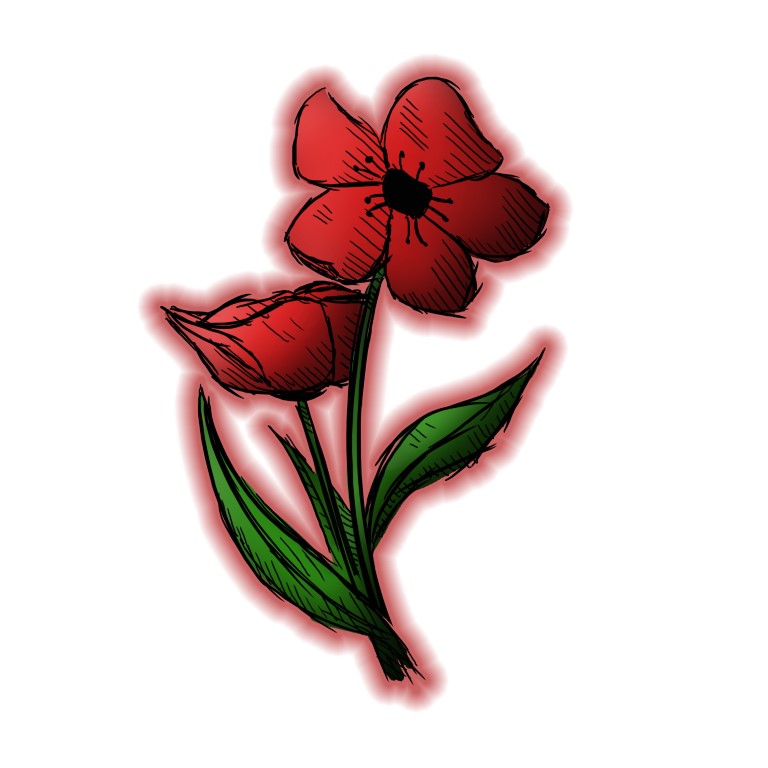
By Janis McMath, Editor-in-Chief
It has been 102 years since WWI ended, and 75 years since WWII ended. Understandably, newer generations have lost touch with these events that impacted our global history on a massive scale. For example, a survey taken by Ancestry.com shows that only 22 percent of Canadians could identify Canada’s prime minister during WWI. Eight percent even made the error of choosing Winston Churchill as Canada’s PM at the time… when he was actually Britain’s during WWII.
Canadians also seem to be disconnected to the histories of their own families; in the same survey, 38 percent of respondents said they were not aware of whether or not they had a relative that served in WWI. Most damning is an Ipsos poll for Global News including quiz questions on D-Day—one of the most notable moments for Canadian soldiers—which left the vice president of Ipsos disappointed. It’s not surprising that he was sad; about half of those polled could not even get three answers correct and nearly 20 percent couldn’t even guess a single answer correctly. An astonishing 42 percent of those polled could not even identify Adolf-Hitler-led Germany as the country the Allies were fighting.
The cherry on top is that these questions had five multiple choice answers and were straightforward, yet Canadians still said “I don’t know” instead of even venturing an uneducated guess that they had a 20 percent chance of getting right. Clearly, Canadians are lacking a proper education on some of the most significant events in recent history. With this knowledge, we should re-evaluate what we take for granted about Remembrance Day. The sacrifices made by people during the wars are what fuel our freedoms and democratic society today, so we should prioritize paying respect. We should use Remembrance Day not only as a day to remember, but a day to learn.
On to Cincinnati,
Janis

